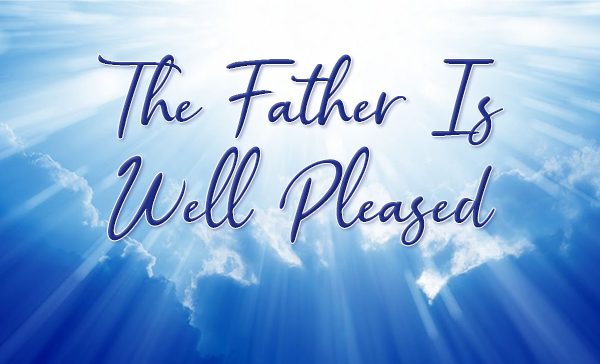
This Sunday, May 23 is Pentecost. It’s the birthday of the Church, yet just how much have you heard about it? Once again, compared to Advent and Easter, the day of Pentecost is all but forgotten. I would argue that we should be celebrating. The Father is.
Within the American protestant Church most denominations are silent on Pentecost and have yielded the day to the Charismatics. As a result, definitions and descriptions of the day and its meaning are dominated by the Charismatics and these have become the theological framework of ordinary layman. Oh sure, the academics in every denomination have written well-footnoted, ponderous tomes on the subject. But these have little or no impact in the pew, or we'd hear of Pentecost and celebrate it according to our understanding.
The Charismatics, for whom I have an appreciation, have sadly made the outpouring of the Holy Spirit exclusively personal. Oh make no mistake, there is a personal aspect to Pentecost, but that is not all that there is. Part of the problem is how we read the Scriptures. We should approach such an epochal moment by asking what it fulfills, by reflecting on where we have seen such a story or its key elements elsewhere in Scripture, and by asking what might be the purpose of such an event (apart from the personal aspects identified by the Charismatics).
Consider the signature event of Pentecost: tongues. Jews from around the world each heard the believers speaking in their own language. They weren't speaking gibberish but languages that could be (and were) understood. Does this sound like another Bible story? Of course. It’s the reverse of the confusion of languages at the tower of Babel. There, men sought to unite and “build a tower to heaven.” They were going to approach the Father on their own terms and by their own strength. As a consequence, their languages (their “tongues”) were confused. This was a mercy as they were spared swift judgment. On the day of Pentecost, that curse is undone. Access to heaven was gained not by a tower but by a tree on which the Savior hung between heaven and earth and by one who had humbled Himself (in contrast to the men at Babel). In contrast to the approach by the men of babel, Jesus had declared that, "No man comes to the Father, except by me". Where Babel had brought judgment based on a bad confession (“tongue”; i.e. "we will make a name for ourselves"), Pentecost reverses the curse because of Christ's confession and its recognition by the early Christians (“He is Lord; He is Risen Indeed”, etc.).
There are many such layers of the imagery here. I'll mention just one more.
Pentecost is also the dedication of a new temple. In Exodus 24, when the Sinai covenant was made, we are told that the Lord was like a consuming fire and that the top of the mountain was covered by a cloud (the Spirit). In Leviticus 9, when Aaron and his sons were consecrated, that fire fell from heaven and consumed the sacrifice. The Father was pleased. Later in 2 Chronicles 7, we read of the dedication of Solomon's temple. The Spirit (cloud) filled the house and the sign of the Father's pleasure was made manifest again when fire came from heaven and consumed the sacrifice. On the day of Pentecost, in the “upper” room (a symbolic mountain) at the inauguration of the new covenant, the Father has been pleased with the sacrifice that has been made and fire again comes from heaven (Acts 2.3). The Father was well pleased. The new temple that had been formed of living stones was filled with the Spirit. It would be a house for His name.
Rejoice. It is Pentecost. The Father is well pleased.







